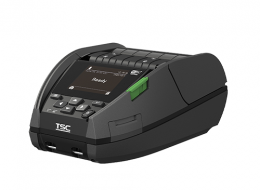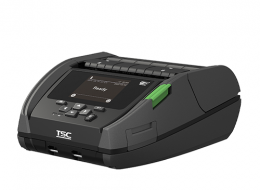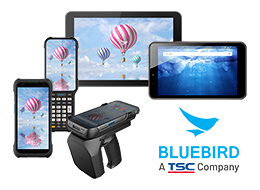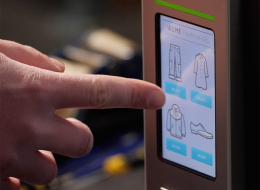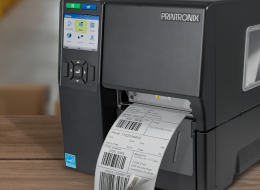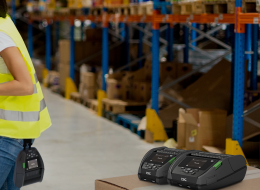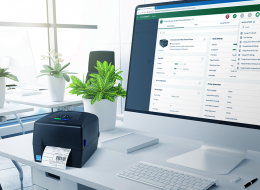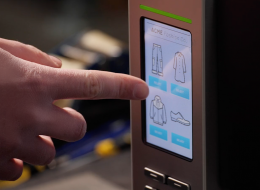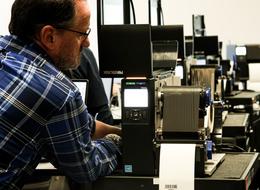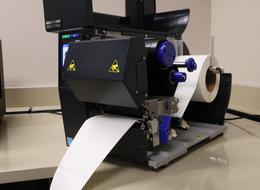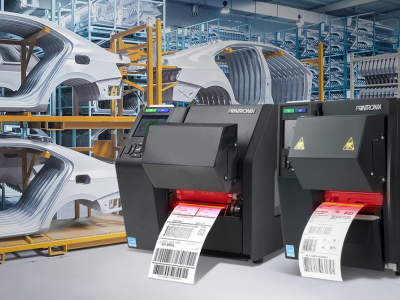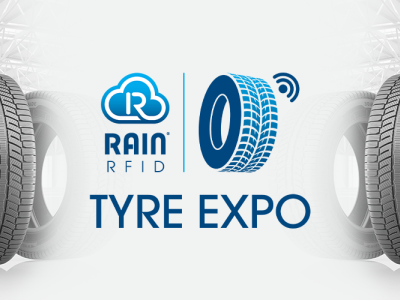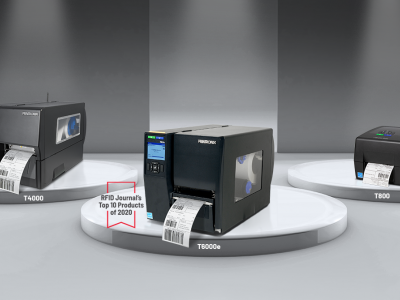How Real-Time Visibility in the Automotive Supply Chain is Achieved with RAIN RFID
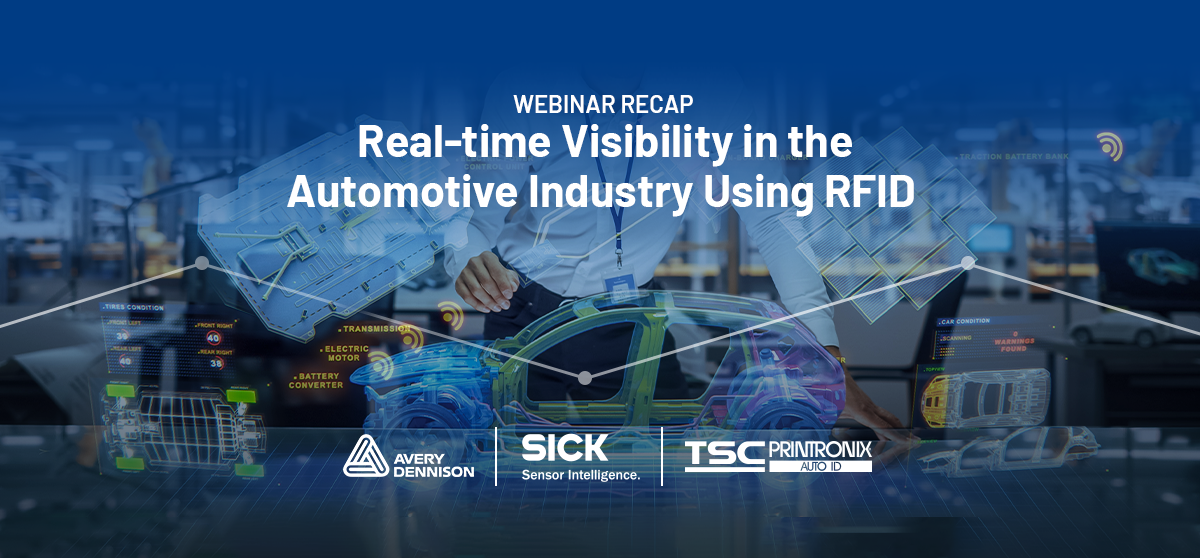
In our most recent webinar, we teamed up with partners SICK and Avery Dennison to discuss enhancing real-time visibility in the automotive supply chain using RFID. The event featured TSC Printronix Auto ID’s RFID Subject Matter Expert Chris Brown, Avery Dennison’s Market Development Manager Paul Jakubik, and Market Product Manager at SICK Fred Hasemeyer.
Our presenters provided an in-depth look at how the combined efforts of RFID hardware, printers, and labels and inlays can be used in the automotive supply chain to increase real-time visibility of critical production items. Because what’s the most important decision when implementing RFID in production? Choosing the right technology partners. You’ll see results when all your technological components work in unison.
In today’s blog we’ll cover the webinar’s main points and how Avery Dennison, SICK, and TSC Printronix Auto ID work together to support RFID solutions for the automotive industry.
Benefits of RFID Technology
Hasemeyer began with an overview of the common types of RFID technology, focusing specifically on Ultra High Frequency (UHF), or RAIN RFID. This frequency typically runs in a range between 860-960 megahertz.
RAIN RFID technology offers several advantages over barcodes. First: it’s easier to track and trace throughout the supply chain. Second: no visual contact is required, meaning it works despite dirt, dust, and wear on a label surface. Third: you can also bulk read multiple transponders at the same time and adjust the reading field on one device from 0 to 10 meters. The global data standards are easy and standardized across enterprises, while the independence of tag orientation and ambient light are forgiving for tolerances.
Why Choose RFID for Automotive?
For automotive industries, RFID technology can automate all the processes within the supply chain. With coordinated collaboration between suppliers and service providers, these processes are based on harmonized and reliable standards that create a more streamlined and accurate measurement. You can explore technologies for capturing, storage, and exchange of information concerning transport means, packaging, and transport units and goods on their way to logistics destinations, all while assuring the required quality. For example, this technology can capture transport and storage conditions like humidity, shock, temperature, and more. This helps to support the planning and control of physical flows, protect genuine parts against counterfeiting, and guarantee safety by controlling critical parts.
Other key issues in automotive where RFID can help include limited supply chain transparency, incomplete control of manufacturing processes, and counterfeiting and diversion of aftermarket parts and components.
Partnering to Make an Impact
SICK UHF RFID offers a broad lineup for the entire supply chain and diverse applications for your automotive brand. With their product line ranging from RFU610, RFU620, RFU630, RFU650, and RFxS Pro, their applications in the automotive industry are abundant and user-friendly. This includes parts identification, track and trace, tire, car body identification, advanced RTI Kanban/WiP, Returnable Goods Identification (RTIs)/WiP, as well as tool and asset tracking.
Avery Dennison works with OEMs and tier suppliers to identify their RFID inlay product needs, and along with system integrators, solution providers, and label converters, they can develop custom designs for each end application. Their typical use cases include parts management, quality, and manufacturing processes control. In addition, they have expertise in tire tagging, toll applications (windshield tagging), leakage detection solutions, and durable automotive label applications that withstand harsh and demanding conditions such as extreme temperatures, chemicals, shocks, vibrations, and rough handling.
TSC Printronix Auto ID offers on-site, on-demand personalization to minimize delays and provide access to last-minute data. Since the automotive industry generally uses ISO encodings, you can be sure to find the right printer for your needs. When selecting the printer for the job, remember that the application dictates tag choices, and the tag choice dictates printer choices in turn. You may also have a need for traditional non-RFID printers or barcode inspection/grading. Our line of printers with RFID capabilities includes the T6000e Enterprise-Level Industrial Printer, the T4000 Enterprise Compact Industrial Printer, the T800 Enterprise-Level Desktop Printer, and the latest mobile option, the Alpha-40L RFID Enterprise-Level Mobile Printer. Each printer presents a range of features and printing capacity, offering a broad selection to meet your business needs.
RFID Technology in the Automotive Industry
TSC Printronix Auto ID has long been providing RFID and barcode label printing solutions for the automotive industry. As automotive production requirements have evolved, so have our printers and technology to meet these challenges. The introduction of ODV-2D barcode verification technology is especially important for its ability to print, validate, and generate reports for 2D barcodes. By partnering with Avery Dennison and SICK, our mission is to streamline solutions to meet the demands of your busy automotive supply chain.
For more information on automotive solutions, explore our webpage or contact your local representative to determine which solution is right for your organization. If you missed the original presentation, listen here at this link.

